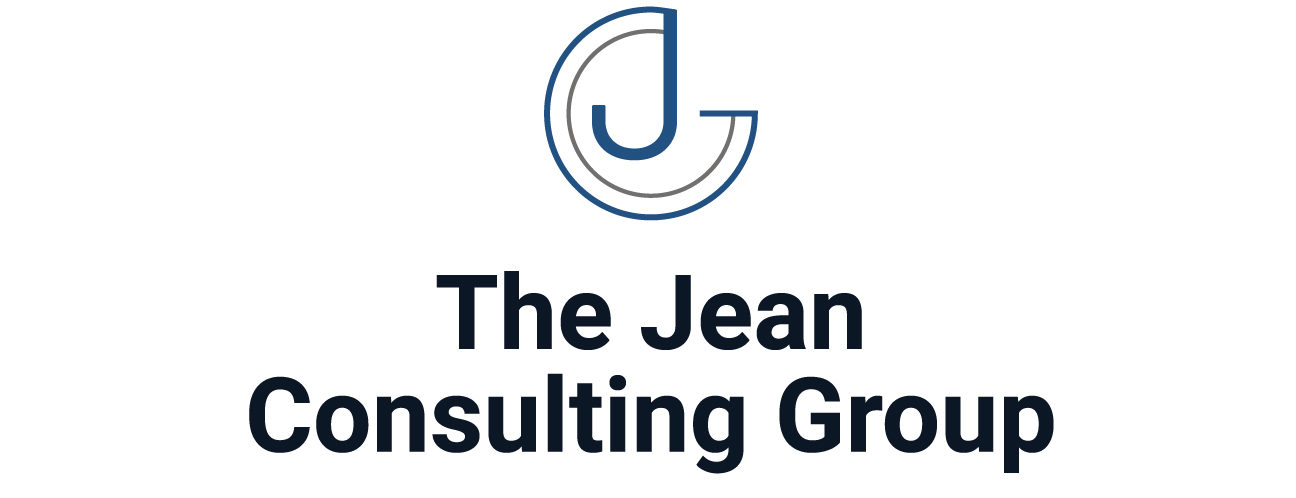In today’s dynamic work environment, maintaining positive labor relations and effectively managing union activities are critical challenges that organizations face. These elements are intricately linked with employee engagement strategies. A well-crafted approach that harmonizes labor relations and union activities with engagement efforts can lead to a more motivated, productive, and cohesive workforce. This article explores how organizations can leverage these dynamics to foster a thriving workplace.
Building a Foundation of Trust through Transparent Communication
Transparency is the cornerstone of any successful relationship between management, employees, and unions. Establishing open lines of communication ensures that employees feel heard and valued, which is essential for engagement.
- Regular Updates and Open Forums: Keeping all employees, including union members, informed about company developments, challenges, and successes through regular updates and open forums encourages a culture of openness.
- Inclusive Decision-Making Processes: Involving employees and union representatives in decision-making processes can significantly enhance trust and cooperation. This participatory approach not only improves engagement but also ensures that decisions benefit from a broad range of perspectives.
Recognizing and Valuing Employee Contributions
Employees need to feel that their work is meaningful and that their contributions are recognized. This is particularly important in unionized environments, where the collective effort is a core principle.
- Tailored Recognition Programs: Implementing recognition programs that acknowledge both individual achievements and collective efforts can boost morale and engagement across the board.
- Career Development Opportunities: Offering career development opportunities, including training and advancement paths, aligned with union agreements, demonstrates an investment in employees’ futures, fostering loyalty and engagement.
Fostering a Collaborative Environment
Collaboration between management, employees, and unions can lead to innovative solutions and a harmonious work environment. Engagement strategies that promote collaboration contribute to a positive organizational culture.
- Joint Workshops and Training Sessions: Organizing workshops and training sessions that include both management and union members can enhance mutual understanding and cooperation.
- Collaborative Problem-Solving Initiatives: Encouraging collaborative problem-solving for workplace issues can lead to innovative solutions that benefit everyone, strengthening the sense of community and shared purpose.
Addressing Conflicts Constructively
In any workplace, conflicts are inevitable. However, the manner in which these conflicts are addressed can significantly impact employee engagement and labor relations.
- Effective Dispute Resolution Mechanisms: Establishing clear, fair, and effective dispute resolution mechanisms that are respected by both management and unions can prevent conflicts from escalating and damaging relationships.
- Proactive Conflict Management Training: Providing conflict management training for managers and union leaders can equip them with the skills needed to address disputes constructively, preserving a positive work environment.
Ensuring Equitable Treatment and Opportunities
Fairness and equity are fundamental to positive labor relations and employee engagement. Ensuring that all employees, regardless of union membership, are treated equitably is crucial.
- Transparent Policies and Practices: Implementing transparent policies and practices that apply equally to all employees helps to prevent perceptions of favoritism or discrimination.
- Regular Feedback and Consultation Sessions: Holding regular feedback and consultation sessions with employees and union representatives can help to identify and address any concerns related to fairness and equity.
Conclusion
Integrating employee engagement strategies with labor relations and union activities requires a balanced and inclusive approach. By fostering transparency, recognition, collaboration, constructive conflict resolution, and equity, organizations can create a work environment that motivates and engages all employees. This holistic approach not only enhances productivity and satisfaction but also builds a strong foundation for positive labor relations and effective management of union activities.




